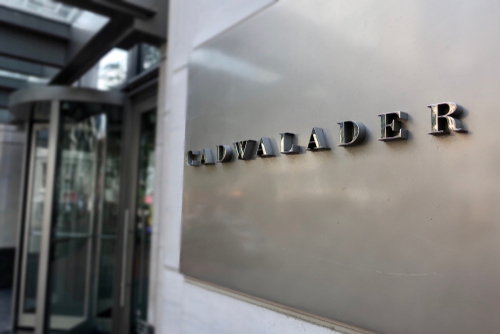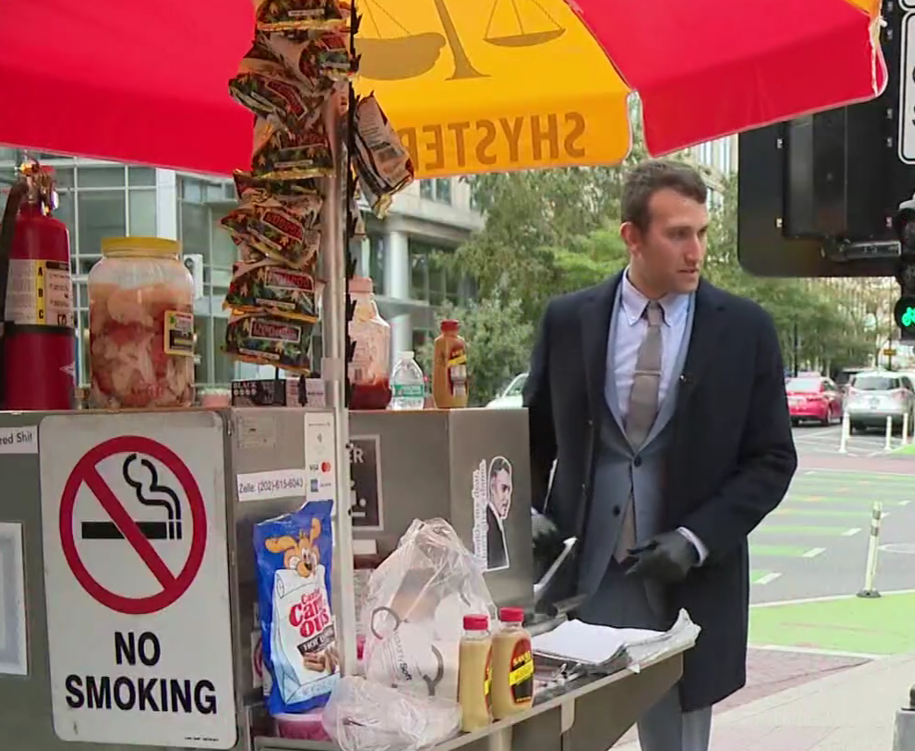
 The $3 million settlement represents approximately 49 percent of the total losses claimed. That amount will be allocated on a pro-rata basis, based on the participants’ average 401k account balances.
The $3 million settlement represents approximately 49 percent of the total losses claimed. That amount will be allocated on a pro-rata basis, based on the participants’ average 401k account balances.
Runaway administrative fees
At the outset, it is important to realize that, in an individual 401k account plan, the administrative expenses are deducted directly from the individual’s account. The higher the expenses, the less money the participant will have for retirement. As the complaint notes, higher fees of only .18 percent to .4 percent can have a major effect on a participant’s investment results over time. Not only do the retirement savers pay higher fees, but they lose the investment earnings that the lost funds might have produced over time.
Participants, therefore, have a considerable financial interest in monitoring the plan’s administrative expenses. But folks can’t act when they don’t have information.
In the Knight-Swift 401k plan, the expenses were paid through a practice known as “revenue-sharing.” The money taken from participants via revenue sharing is not disclosed to them in any meaningful way on their account statements. Participants can’t track it.
It is also not based on the services that an administrative recordkeeper renders. All of the businesses that do this work for retirement plans offer about the same services. The plaintiffs allege that Knight-Swift allowed the recordkeeper to charge them $200 in annual fees even though the recordkeepers for comparable plans charged participants $25 on average.
Pricey investments
The assets of the Knight-Swift 401k plan were heavily invested in mutual funds. A single mutual fund generally offers more than one “class” of its shares. Some of those classes are more expensive than others, although the investment results of the different classes may be similar. The participants also alleged that the fiduciaries of the plan failed to monitor whether plan assets were invested in the most prudent class of shares. The complaint suggests that the classes of shares in which the plan invested were roughly twice as expensive as lower cost shares of the same fund.
Fiduciary duty
Plan fiduciaries have a legal duty to monitor expenses and investment performance but, unlike the plan participants, they have no financial incentive to do so. Where there is no financial incentive, a predictable degree of neglect may settle in.
ERISA Section 404 requires fiduciaries to manage participants’ retirement savings prudently, with the sole interest of providing benefits to the participants and beneficiaries and paying necessary plan expenses. Their duties are made more explicit in the Uniform Prudent Investor Act (UPIA).
The UPIA
The UPIA establishes general standards for trustee conduct, requiring investment decisions to be evaluated in the context of the trust portfolio as a whole and as part of an overall investment strategy suited to the trust’s objectives and beneficiaries’ needs. It directs trustees to consider factors such as:
- risk and return objectives;
- needs and circumstances of beneficiaries;
- effects of inflation or deflation;
- general economic conditions;
- potential tax consequences; and
- liquidity requirements, income needs, and preservation of capital.
Since its approval, the UPIA has been enacted (wholly or substantially) in nearly all U.S. jurisdictions.
So, where did Knight-Swift run afoul?
As a general rule, retirement plan fiduciaries cannot be held liable under ERISA for investment results. But bad investment results may be evidence that fiduciaries failed to exercise the degree of care required by the law. It is for this reason that ERISA breach of fiduciary lawsuits focus on internal management processes.
READ MORE ERISA VIOLATION LEGAL NEWS
In their complaint, the plaintiffs allege that the fiduciaries failed in three ways.
- First, they failed to monitor recordkeeping fees paid by the 401k plan by demanding documents that summarize and contextualize the recordkeeper’s compensation, such as fee transparencies, fee analyses, fee summaries, relationship pricing analyses, cost-competitiveness analyses, and multi-practice and stand-alone pricing reports.
- Second, they failed to monitor both the direct fees and the indirect fees that were not readily understandable to participants because of revenue sharing.
- Finally, the fiduciaries failed to investigate overall trends in the market by conducting requests for proposals (RFPs) every three to five years. This is a relatively standard practice that allows fiduciaries to determine whether other recordkeepers might offer a better price for standard services.
Because the lawsuit will settle, these issues remain unexplored. However, this may provide a good set of threshold questions that other 401k plan participants may explore to determine whether the fiduciaries of their retirement plans are meeting the requirements of ERISA.

Source link












